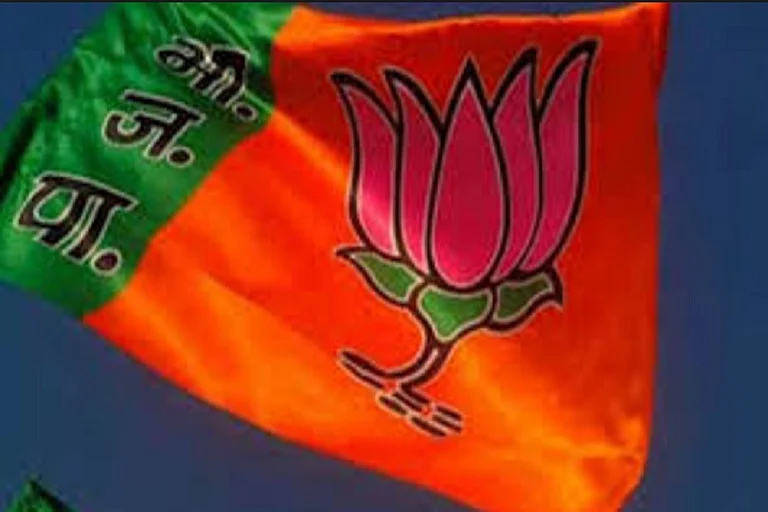No serious Indian writer can ignore it. I don’t really write about communalists or secularists; but about various characters with their different opinions, weaknesses and prejudices.
You’ve observed that privileged Indians tend to write the less privileged into existence. How can this gap be overcome?
By being aware of it, by evolving required narrative strategies, by realising that attempts to overcome it will only be partly successful.
Does explaining Indian terms for Western audiences compromise authenticity?
It is a fallacy that Indians don’t need to be explained these terms.
What’s most difficult about being a writer?
Finding a voice. Takes experience, hard work.
What did you think of recent films on communalism—Parzania, Black Friday?
I made it a point not to see them when I was writing Filming. I loved Mr and Mrs Iyer.
Are Indian writers paying enough attention to communalism?
Perhaps not, though there has been excellent work from Manto, Amrita Pritam, Khushwant Singh and Bhisham Sahni in the past, to Gita Hariharan and Mukul Kesavan in recent years.
Does your poetry inspire your fiction?
Not directly. I take a break from one form when I write in another.
Are writers sidetracked by literary events?
Writers have to decide if they’d like five-star bashes or the loneliness of their study.
You dislike the words "hybrid" and "exile"...
Why are Indians speaking English seen as ‘hybrid’, but not Marathi-speaking Tamils? How are people like me ‘exiles’, when semi-literate Indians are forced to leave their land for work?
Any book, poem you wish you’d written?
Many. That is why I keep writing.
A larger version of this interview appears here.


























